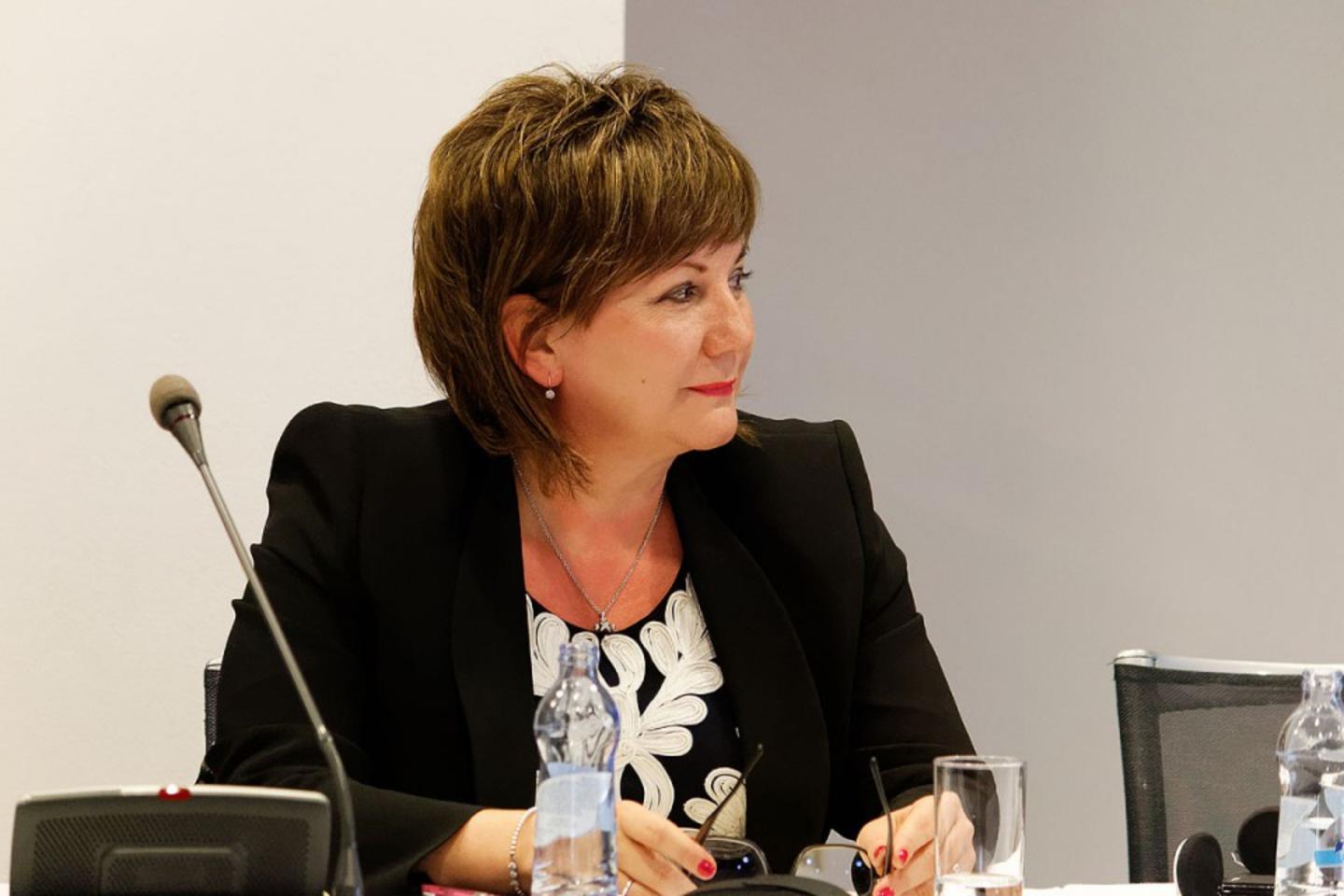These were the words of Czech Deputy Minister of Finance for Tax and Duties Alena Schillerová, at the closing conference of a Norway Grants project devoted to strengthening the anti-corruption and anti-money laundering systems in the Czech Republic.
While the Czech Republic ranks 37th in Transparency International’s Global Corruption Perception Index in 2015, the government has taken on significant measures to counter corruption in the past years. Among those is a project supported by Norway, aiming at strengthening the country’s anti-corruption and anti-money laundering systems. This is being done by supporting the implementation of selected recommendations made by the Council of Europe’s Group of States against corruption (GRECO) and by purchasing special data-mining software that strengthens the government’s capacity to combat money-laundering.
The key focus of the part of the project which involves the Council of Europe (CoE) is to identify corruption and money laundering risks in the Czech Republic, develop policy and legislative proposals to improve criminal legislation on these matters, and deliver tailored training for law enforcement authorities on criminal investigations of corruption. This part of the project has now come to a close, with the concluding activities held in the end of June this year.
Working together
The close cooperation with the Council of Europe has made it easier for the project team to compare Czech anti-corruption measures with law enforcement in different European countries and participate in study visits abroad. Through cooperation, several workshops have taken place and multiple papers published on topics such as election campaign funding, whistle-blower protection, and conflict of interest.
“The Council of Europe has definitely brought added value to the project: in the organisation of workshops and seminars, quality assurance of papers and documents as well as providing a network of contacts, we have benefited from CoE involvement. The cooperation has also led to closer cooperation between us and the CoE outside of the project,” said Jana Ružarovská, International and Legal Department Officer and administrator of the project at the Ministry of Finance of the Czech Republic:
“They not only help us with selecting the right experts - they also help us coordinate the work between national and international experts, assess the drafts of prepared papers and they also help us with the final control of the documents. Last but not least, the CoE provides important contacts, discusses all options with us for every event, offers us other solutions and listens and understands the issues we as Project Promoters are facing.”
Improving capacity
Involving the CoE has allowed the project team to develop high-quality proposals and training courses together with a group of international experts which they otherwise would have difficulties reaching. Through the project, around 800 people have received training on how to deal with corruption related matters. These include both individuals from public institutions dealing with anti-corruption matters such as the police, courts, public prosecutor’s offices and ministries, as well as persons and from academia, businesses and NGOs.
Read more about the Czech ‘Capacity-building and Institutional Cooperation’ programme
